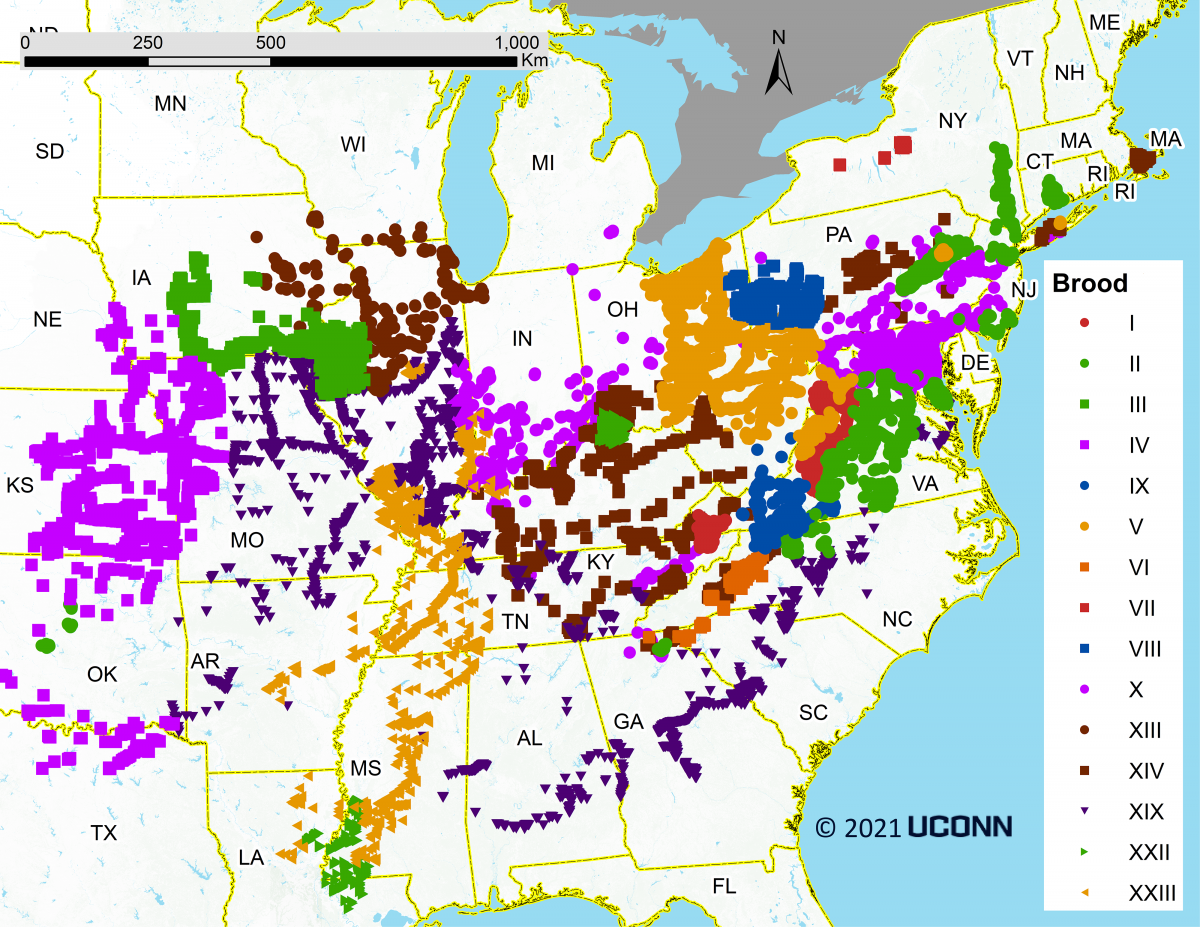The pressure against the use of SBM as a source of nutritional protein in animal feed is increasing, since the cultivation of SBM requires arable land that could also be used for the cultivation of food crops. BSF is potentially a more suitable and sustainable source of protein as it can be grown from waste and residual streams from food production.
tries
The researchers examined two groups of growing pigs. One group received a diet of regular soybean meal as a source of protein. The other group received a diet containing BSF larvae as a protein source.
The researchers then received data on the microbiota of the small intestine and metabolites in the blood of the pigs. “This is known as the FeedOmics approach,” says lead author Dr. Soumya Kanti Kar, “and it helps to determine the influence of nutrition on the local, ie the intestinal and the systemic, ie the blood level at the same time. In this way, FeedOmics provides a detailed and thorough snapshot of the response to a black soldier fly diet in pigs. ”Dr. Kar is a Gut Performance and Animal Health Scientist at Wageningen Livestock Research.
The results suggest that BSF supports the growth of microbial taxa in the gut, which are either indicators of healthy gut or are recognized as beneficial microbes that have beneficial effects on pig health. In short, growing pigs fed BSF appear to be just as healthy (or even healthier) than their peers on a normal SBM-based diet.
Screening of functional ingredients and beyond
“These discoveries will help animal owners in their search for sustainable alternative sources of protein. The FeedOmics approach used in this study can be used to answer scientific questions related to the discovery of the functionality of feed ingredients as measured by animal reactions, ”said Kar.
“The results of this project are promising. The timing for our results to be published could not be better, as the Member States of the European Union have decided to allow poultry and pigs to feed protein from insects. This decision by the European Commission will undoubtedly give a significant boost to the emerging industry, which is expected to grow tenfold to over $ 4.1 billion by 2025. “
* This study was partially funded by grants from the Netherlands Organization for Health Research and Development (ZonMw). The research team published their study of the effects of alternative sources of protein such as BSF on the small intestine, the microbiome and blood metabolites of pigs in the journal Nature Scientific Reports. *






/cloudfront-ap-southeast-2.images.arcpublishing.com/nzme/EW2WTLSG57KJSOY2JHRVZV2RHY.jpg)



:strip_exif(true):strip_icc(true):no_upscale(true):quality(65):fill(FFF)/cloudfront-us-east-1.images.arcpublishing.com/gmg/JMURUKV25JDURAXD42N2GNPZCQ.jpg)